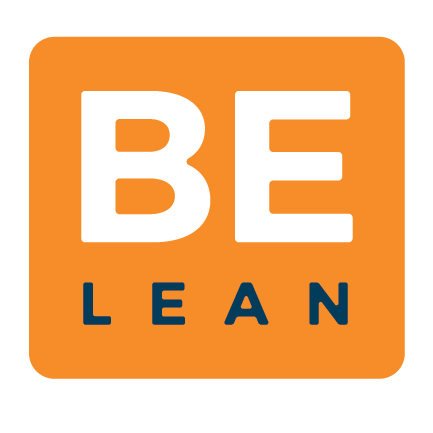It’s Tuesday morning at 8:30am and I’ve just posted on LinkedIn.
In what’s become a weekly routine, I go to the menu at the top right of my screen and pull up my history of posts and activities. It’s the posts I’m after.
As I scroll through the list, I jot down the most up to date number of views, likes, and comments for each post in a spreadsheet I use to keep track. I calculate my engagement rate too, a tip I picked up from a client of mine that runs an influencer marketing agency. I repeat this process each and every week, often having to update my numbers for the same posts over and over again as they continue to garner engagement.
Is there anything more mind numbing and tedious?!
Read More








